President William Ruto’s attempt to fill the vacant chair position at the Kenya National Commission on Human Rights (KNCHR) has hit an unexpected roadblock after Duncan Oburu Ojwang declined the nomination.
In a letter sent to National Assembly Speaker Moses Wetang’ula on Tuesday, August 13, Ojwang cited personal reasons and a potential conflict of interest as his reasons for stepping down.
This move has stalled the vetting process that was scheduled for Wednesday, August 14, leaving the key position unoccupied months after the death of former chair Roseline Odhiambo Odede.
The withdrawal also intensifies the ongoing legal and political debates surrounding the appointment.Before Ojwang’s decision, his nomination had already faced intense legal scrutiny.
The Katiba Institute and the Kenya Human Rights Commission (KHRC) filed separate court cases challenging the appointment.
They argued that President Ruto had ignored constitutional and statutory provisions, particularly those related to gender balance. Article 250(2) of the Constitution requires that the chair and vice-chair of a constitutional commission must not be of the same gender.
Since the current deputy chair, Raymond Nyeris, is male, Ojwang’s appointment would have resulted in an all-male top leadership at the KNCHR.
Section 1(6) of the Second Schedule of the KNCHR Act reinforces the same requirement, further strengthening the petitioners’ case that the nomination could be deemed unlawful.
Ojwang’s withdrawal came at a critical moment. The National Assembly Speaker quickly directed the Departmental Committee on Justice and Legal Affairs to halt all consideration of the nominee.
The Clerk of the National Assembly was instructed to formally notify the President, signaling that a fresh search process would need to begin.
Ruto had nominated Ojwang on August 5, shortly before the planned vetting, choosing him from a shortlist of six candidates out of 17 applicants.
Ojwang, a distinguished lawyer and human rights scholar, previously served as Dean of the School of Law at Africa Nazarene University and as a law lecturer at the University of Nairobi. His academic work spans constitutional law, human rights, environmental law, and law and development.
Despite his qualifications, the timing of the withdrawal and the legal challenges meant that the nomination was politically sensitive.
Observers suggest that Ojwang may have been influenced by the legal disputes or by other personal and professional considerations.
The delay leaves the KNCHR without permanent leadership at a time when the commission plays a crucial role in protecting human rights, investigating abuses, and holding the government accountable.
The government must now carefully consider both legal requirements and gender balance in selecting a new nominee to avoid repeating the controversy.
The episode also underscores the growing power of civil society groups like the Katiba Institute and KHRC in challenging executive decisions that appear to breach constitutional norms, showing that public accountability remains a key factor in the governance of human rights institutions.
The path ahead for the KNCHR remains uncertain, with Parliament, the President, and civil society all watching closely to ensure that the next appointment meets constitutional and statutory standards while restoring stability to the commission.







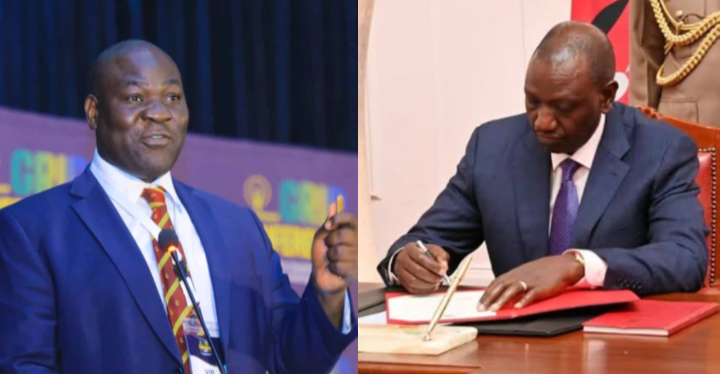
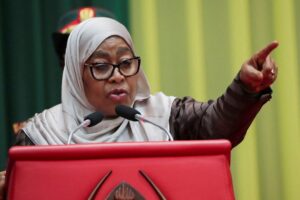
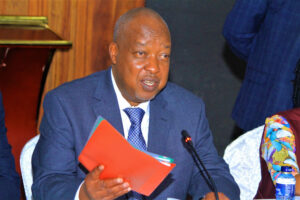

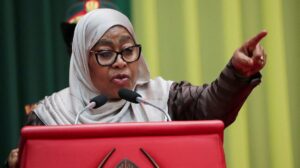
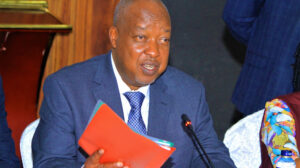



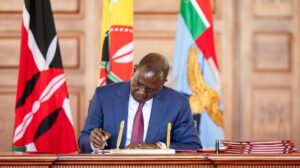
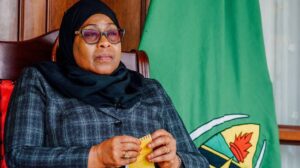


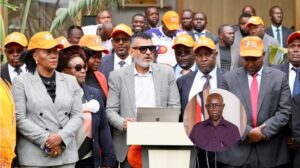
Add Comment